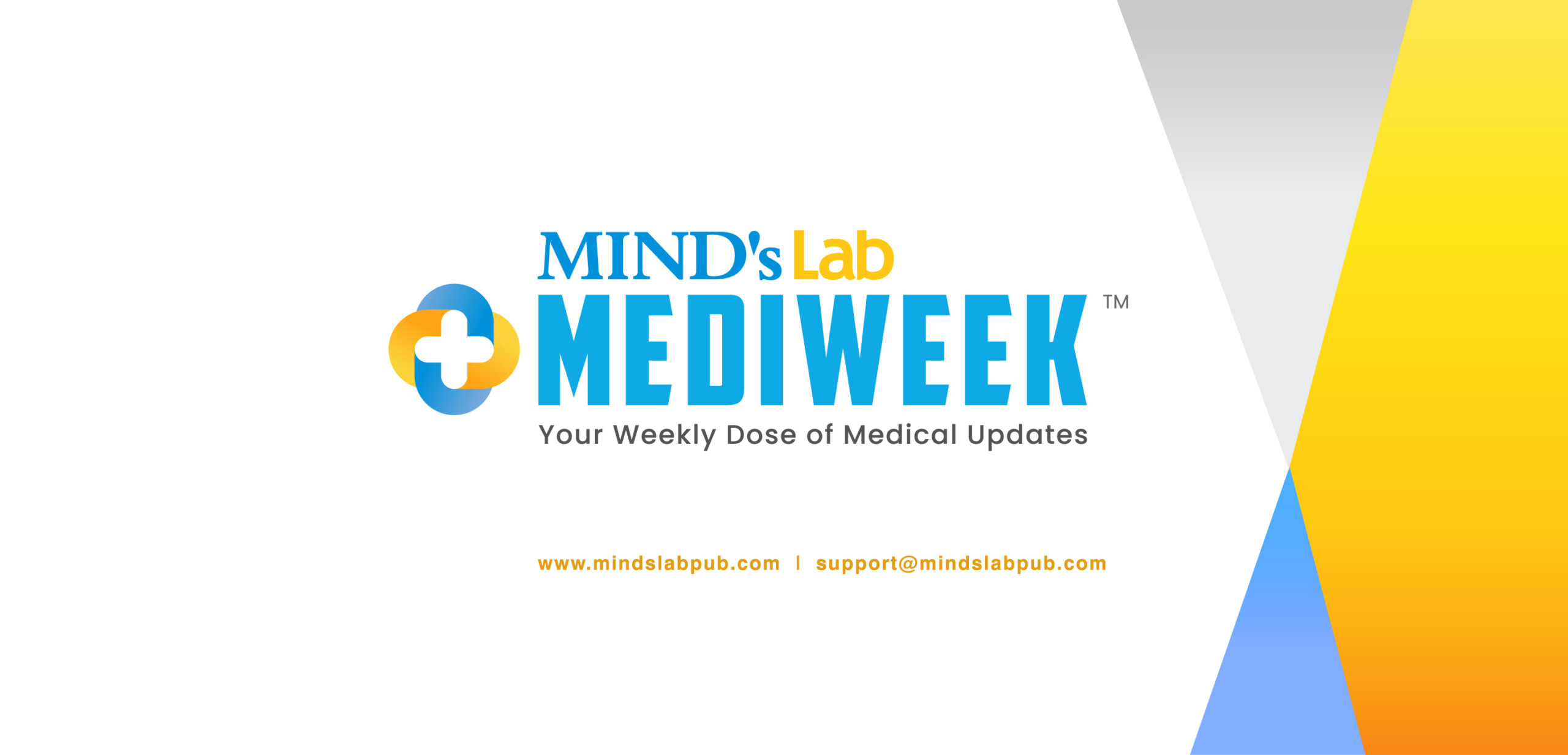About the MIND's Lab MediWeek
The MIND’s Lab Publishing MediWeek Newsletter is a public service initiative by MIND’s Lab Publishing, dedicated to delivering crucial, evidence-based healthcare information relevant to public health. Designed to enhance general healthcare awareness, the newsletter simplifies credible scientific information for easy understanding.
Each issue covers a wide range of public health topics, including nutrition, exercise, lifestyle-related diseases, mental health, climate-related health challenges, recent disease findings, pregnancy, child growth and cognitive development, geriatrics, and more.
The newsletter is published every Friday and is available across various digital platforms, ensuring consistent and accessible updates for readers.
